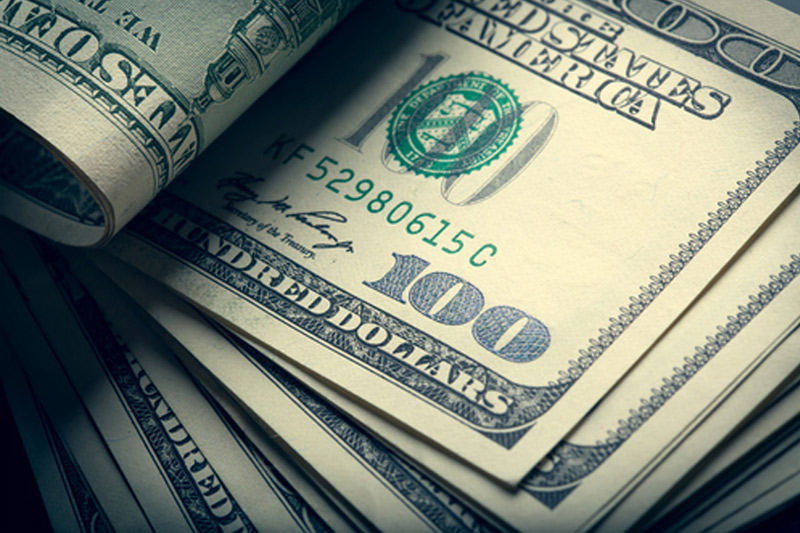Investing.com - The dollar slipped lower against the other major currencies on Tuesday, as investors eyed the outcome of Wednesday’s Federal Reserve meeting, with the bank expected to stick to its pledge to be patient on tightening monetary policy, while markets also awaited upcoming U.S. data.
EUR/USD gained 0.34% to 1.1275, pulling away from Monday's lows of 1.1099, the weakest since September 2003.
The single currency hit 11-year lows against the dollar on Monday in the wake of a sweeping election victory for the anti-austerity Syriza party in Greece.
However, the euro stabilized as the currency’s steep losses prompted investors to take profits on bearish euro positions.
Investors still remained cautious amid concerns over Syriza’s pledge to renegotiate the terms of Greece's €240 billion international bailout, which could cause the country to leave the euro zone.
The pound was steady against the dollar, with GBP/USD at 1.5078.
Earlier Tuesday, the Office for National Statistics reported that U.K. gross domestic product expanded by 0.5% in the final three months of 2014, below forecasts for growth of 0.6%. The U.K.’s economy grew by 0.7% in the previous quarter.
Year-over-year, U.K. economic growth grew 2.7% in the three months ending December, missing expectations for a gain of 2.8%. The U.K. economy expanded at an annualized rate of 2.6% in the third quarter of 2014.
A separate report showed that U.K. mortgage approvals decreased to a 20-month low of 35,700 last month from November\'s total of 36,700. Analysts had expected the number of new mortgages approved to decline to 36,600 in December.
Elsewhere, the Swiss franc fell against the euro and the dollar amid speculation that the Swiss National Bank was intervening in the market to weaken the currency.
EUR/CHF held steady at 1.0147 after rising as high as 1.0382 earlier and rallying more than 3% on Monday. USD/CHF slid 0.39% to 0.8994, after rising as high as 0.9166 earlier.
In an interview on Tuesday, SNB Vice President Jean-Pierre Danthine said the bank was still "fundamentally prepared" to intervene in currency markets. "The minimum exchange rate couldn’t have been maintained anymore" with the ECB’s bond purchasing program, he added.
The comments came after the SNB shocked markets on January 15 by scrapping its three year old 1.20 per euro exchange rate cap.
The dollar slipped lower against the yen, with USD/JPY down 0.33% to 118.07.
The Australian and New Zealand dollars were higher, with AUD/USD rising 0.26% to 0.7946 and NZD/USD edging up 0.16% to 0.7438. The Canadian dollar was holding steady at nearly six-year lows, with USD/CAD at 1.2483.
The U.S. dollar index, which measures the greenback’s strength against a trade-weighted basket of six major currencies, was down 0.28% at 95.02, not far from Friday’s more than 11-year highs of 95.77.
Later in the day, the U.S. was to release data on durable goods orders, as well as private sector reports on consumer confidence and new home sales.
